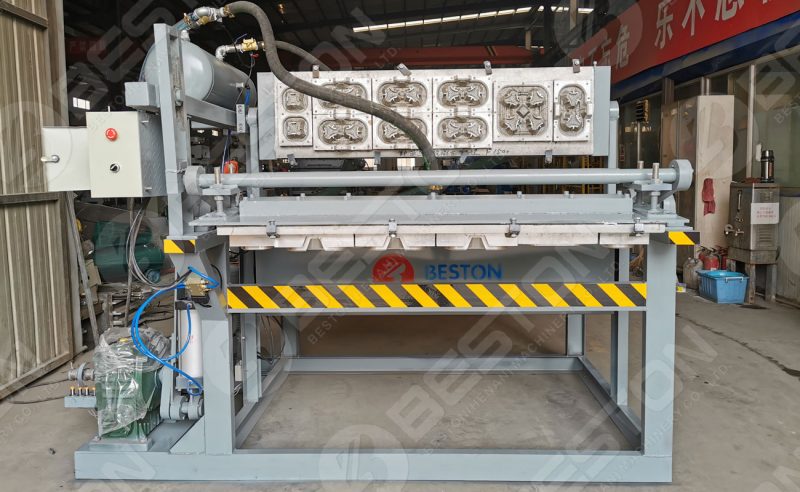
Sustainable packaging has become a cornerstone of modern industrial practices, driven by increasing environmental concerns and consumer demand for eco-friendly products. A coffee cup tray machine exemplifies how innovative technology can support sustainable packaging solutions by efficiently producing biodegradable and recyclable trays. These machines play a critical role in reducing waste, conserving resources, and meeting the needs of environmentally conscious markets.
Turning Waste Into Opportunity
A coffee cup tray machine transforms recycled materials such as paper pulp or agricultural residues into durable, functional trays. By repurposing waste products, these machines reduce the dependency on virgin raw materials and divert significant volumes of paper waste from landfills. This process not only mitigates environmental harm but also aligns with the principles of a circular economy, where resources are reused and regenerated.
The production cycle itself is resource-efficient. Advanced pulping systems ensure optimal material utilization, minimizing wastage. Moreover, the trays produced are lightweight yet robust, striking a balance between material efficiency and functional reliability.
Energy Efficiency and Emissions Reduction
Modern paper tray machine incorporate energy-saving technologies, making them a key asset in sustainable manufacturing. Features like automated drying systems and heat recovery mechanisms help minimize energy consumption during production. Water, an essential resource in pulp molding, is frequently recycled within closed-loop systems to reduce overall usage.
These machines also contribute to lower carbon emissions by enabling localized production. Instead of importing trays from distant suppliers, businesses can manufacture them on-site, reducing the environmental impact associated with transportation.

Supporting Biodegradability and Recycling
One of the primary benefits of using a fully automatic egg tray machine is the production of packaging that is both biodegradable and recyclable. The trays degrade naturally in composting environments, leaving no harmful residues. Alternatively, they can be recycled into new products, reducing the need for additional raw materials. This dual compatibility makes them an ideal choice for businesses looking to minimize their environmental footprint.
The design of the trays also ensures they serve their purpose effectively while maintaining eco-friendly attributes. They provide sturdy support for coffee cups, preventing spills and ensuring convenience for consumers, all while adhering to sustainable principles.
Aligning With Consumer Expectations
Consumers today are increasingly drawn to brands that prioritize sustainability. Pulp molding machine manufacturers allow businesses to meet this demand by producing packaging that reflects environmental stewardship. By investing in these machines, companies can enhance their brand image and build trust among eco-conscious customers.
Furthermore, the scalability of coffee cup tray machines makes them suitable for various business sizes. Small enterprises can produce trays tailored to their specific needs, while larger operations can achieve high-volume output without compromising sustainability goals.
Future Innovations in Tray Manufacturing
The future of coffee cup tray machines lies in the integration of advanced technologies such as IoT and AI. These innovations will enable manufacturers to optimize production processes, monitor resource consumption in real-time, and enhance overall efficiency. Additionally, ongoing research into alternative raw materials, such as agricultural byproducts, will further improve the sustainability of tray production.
Conclusion
The coffee cup tray machine is a pivotal tool in the transition toward sustainable packaging solutions. By transforming waste into functional, eco-friendly products, conserving resources, and supporting recycling efforts, these machines address critical environmental challenges. Their role in promoting greener packaging practices highlights the potential of technological innovation to drive meaningful change in the industry.
